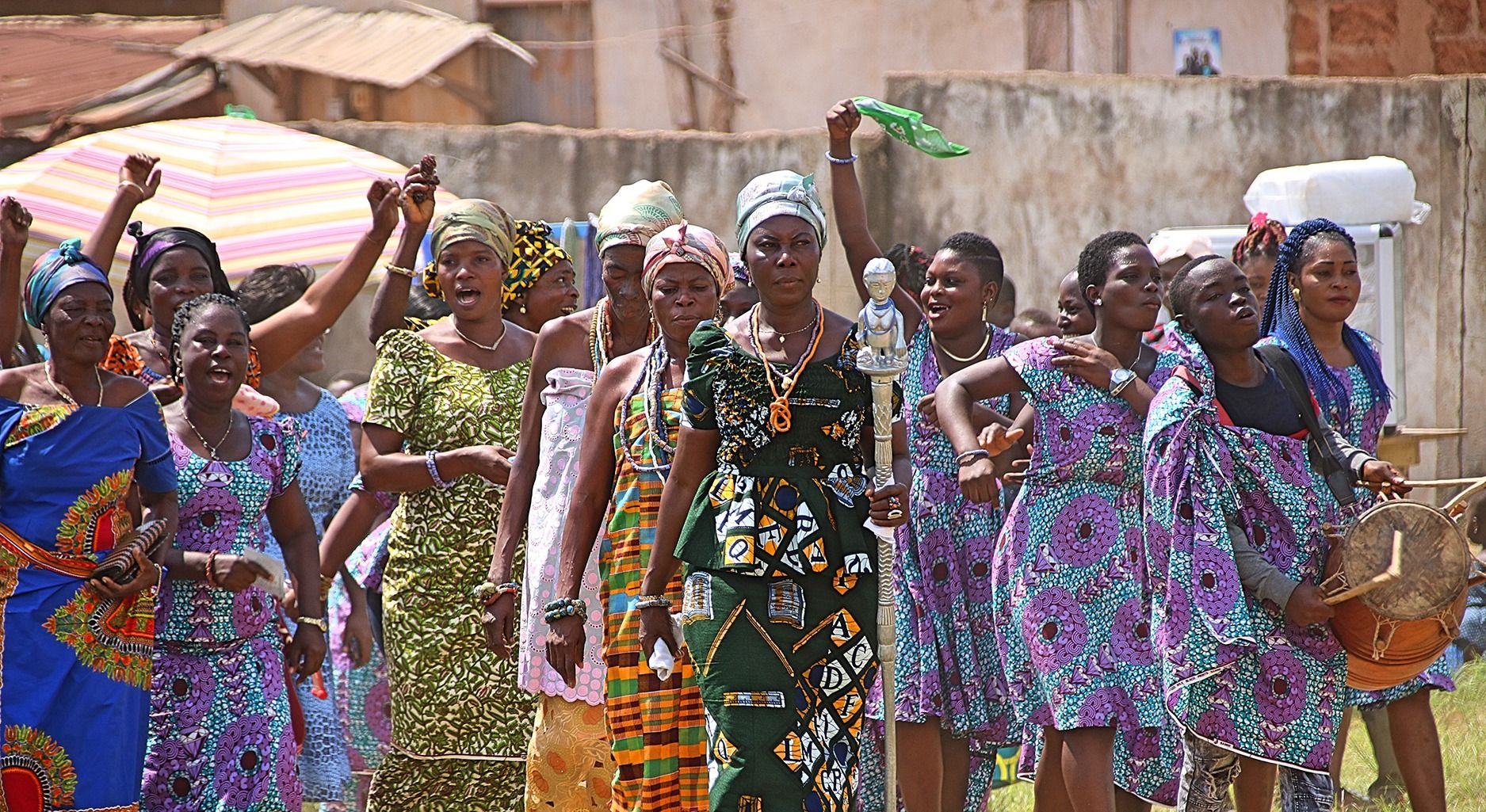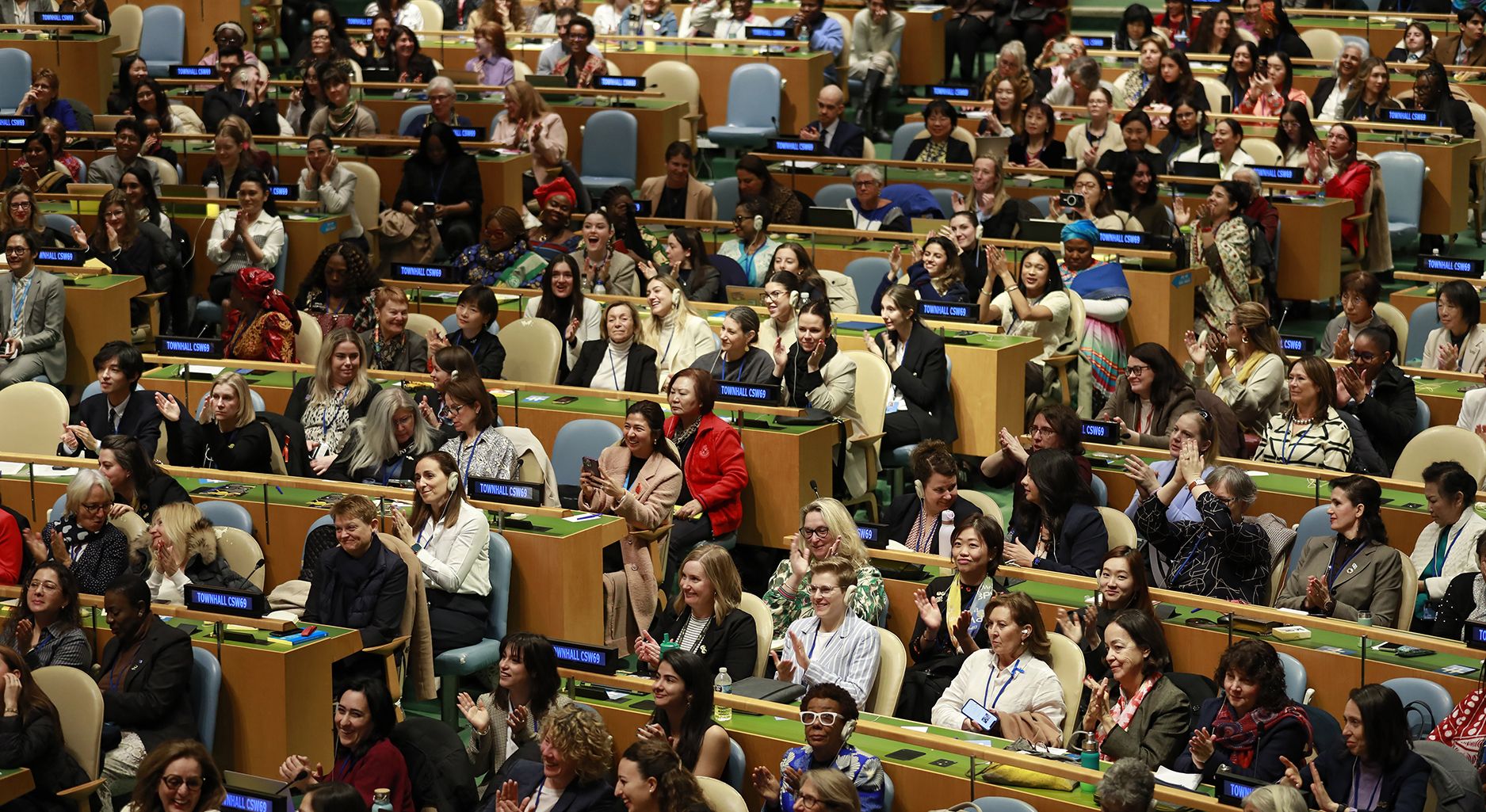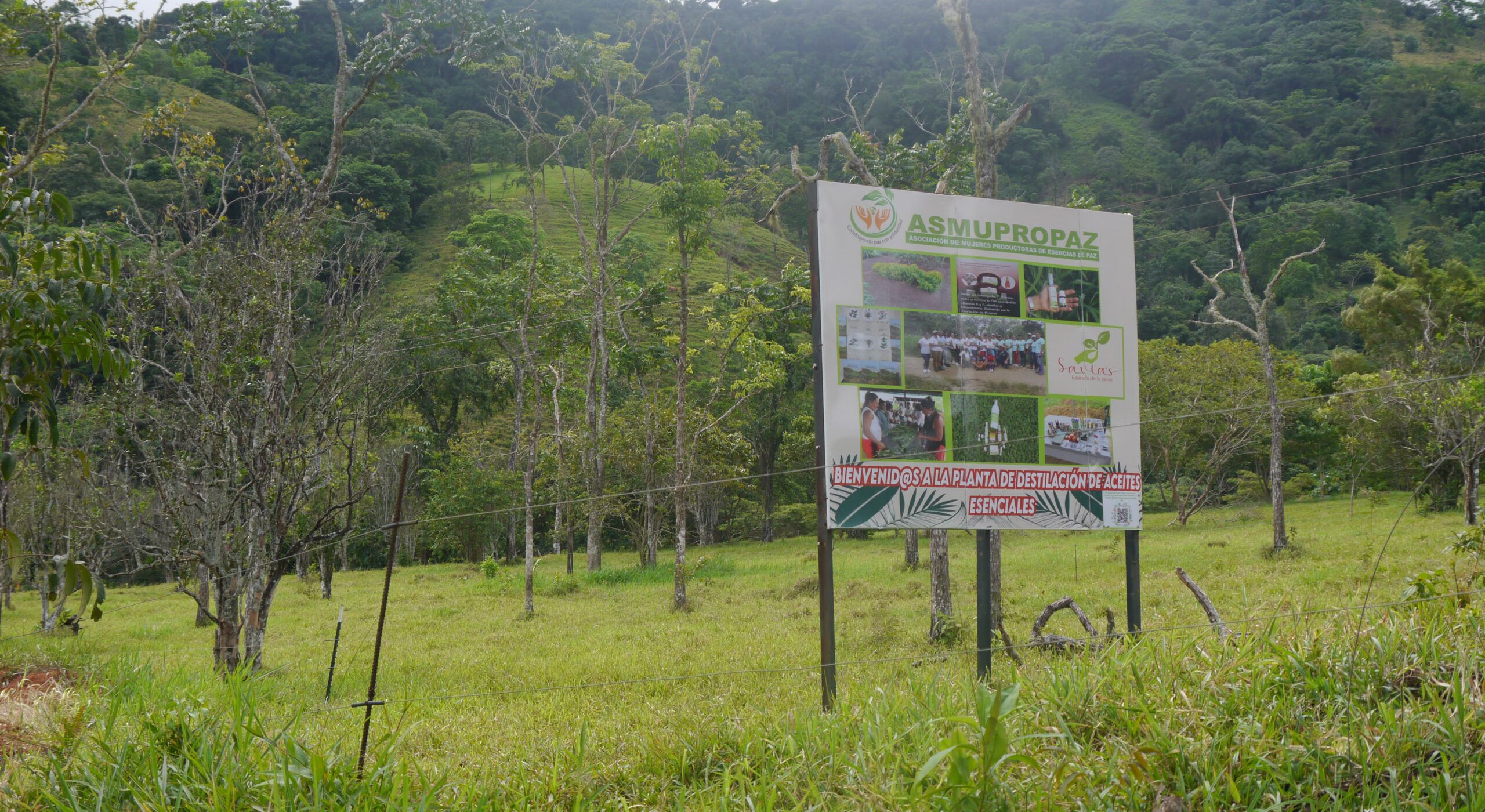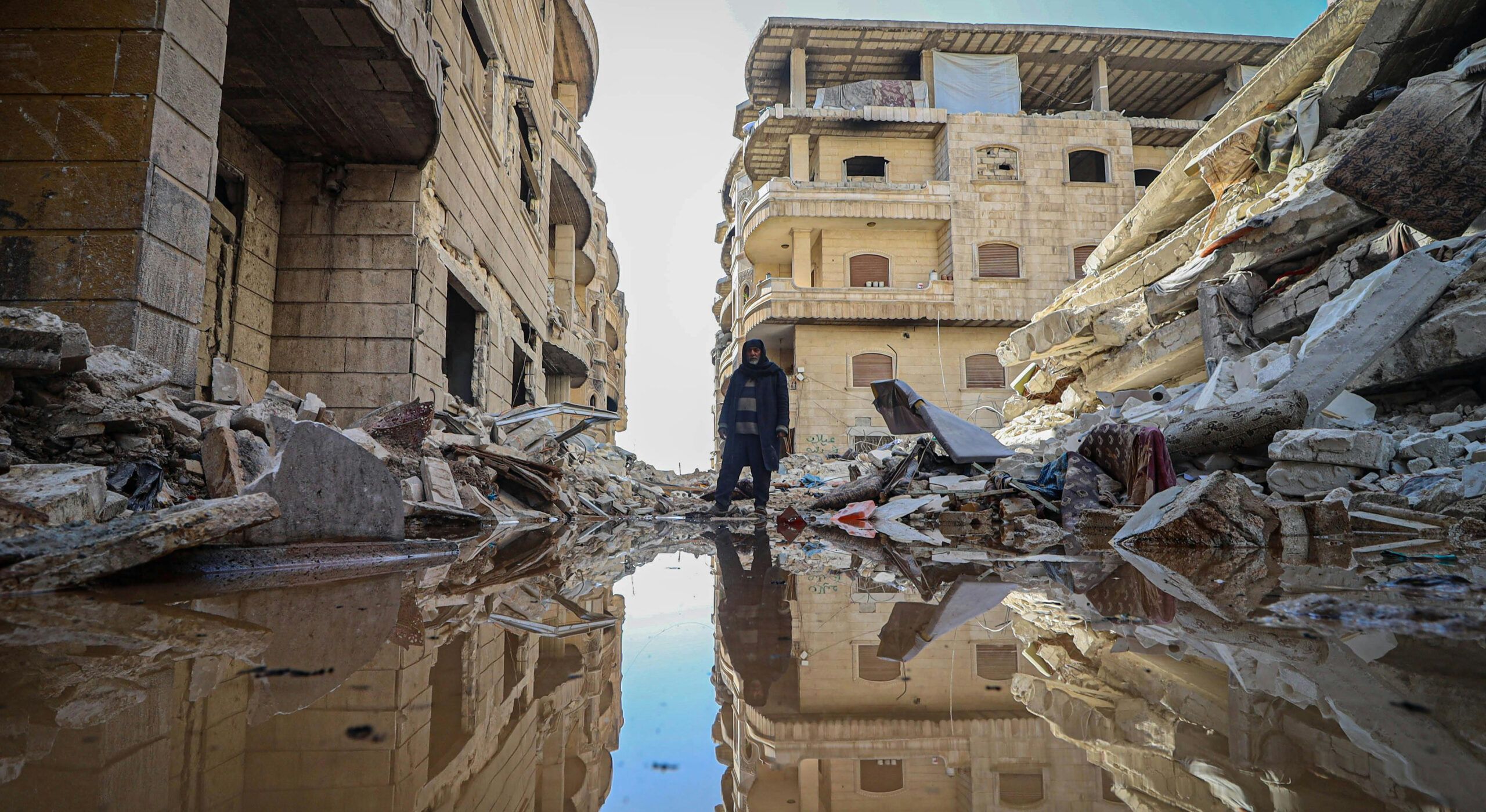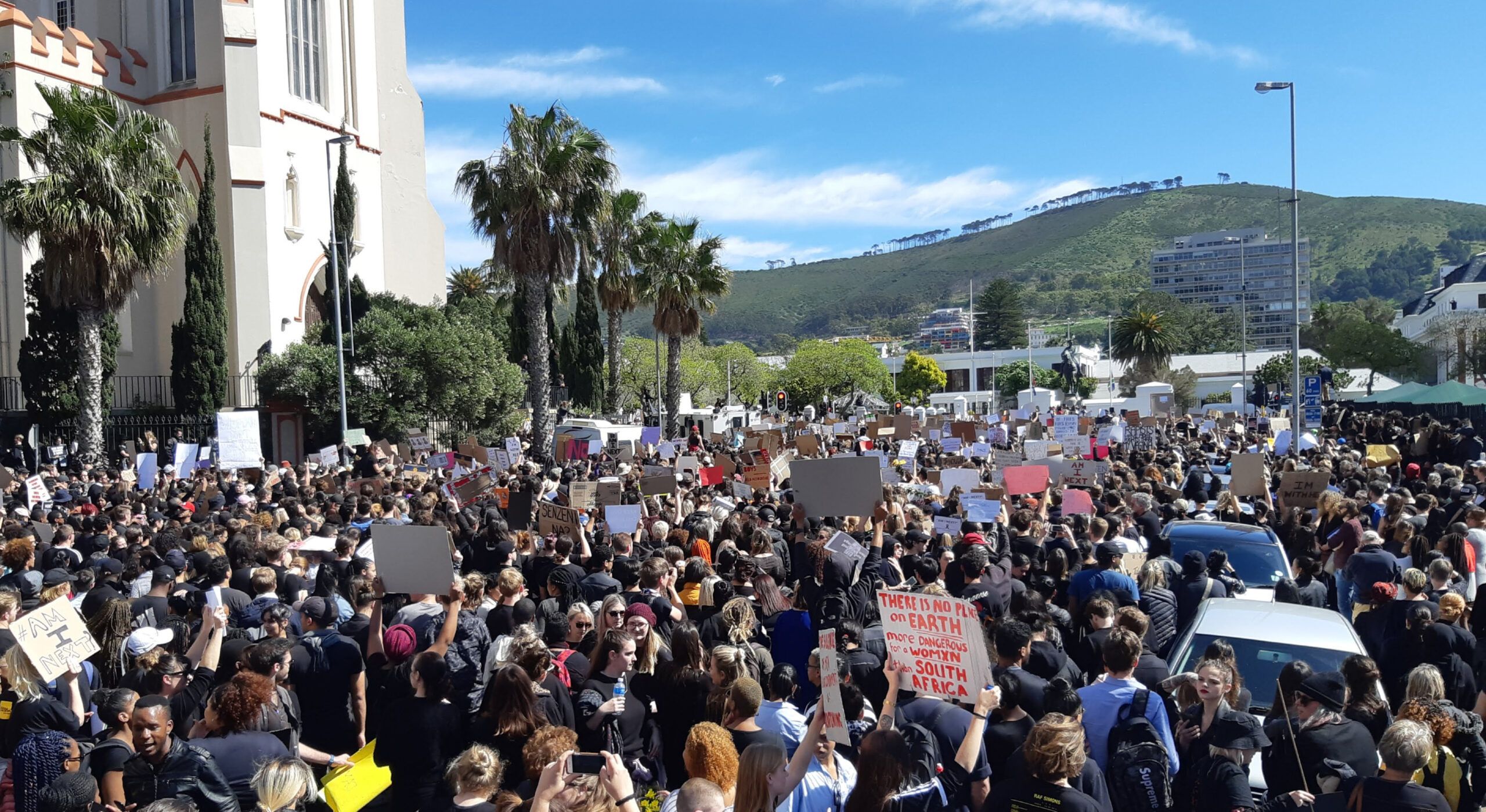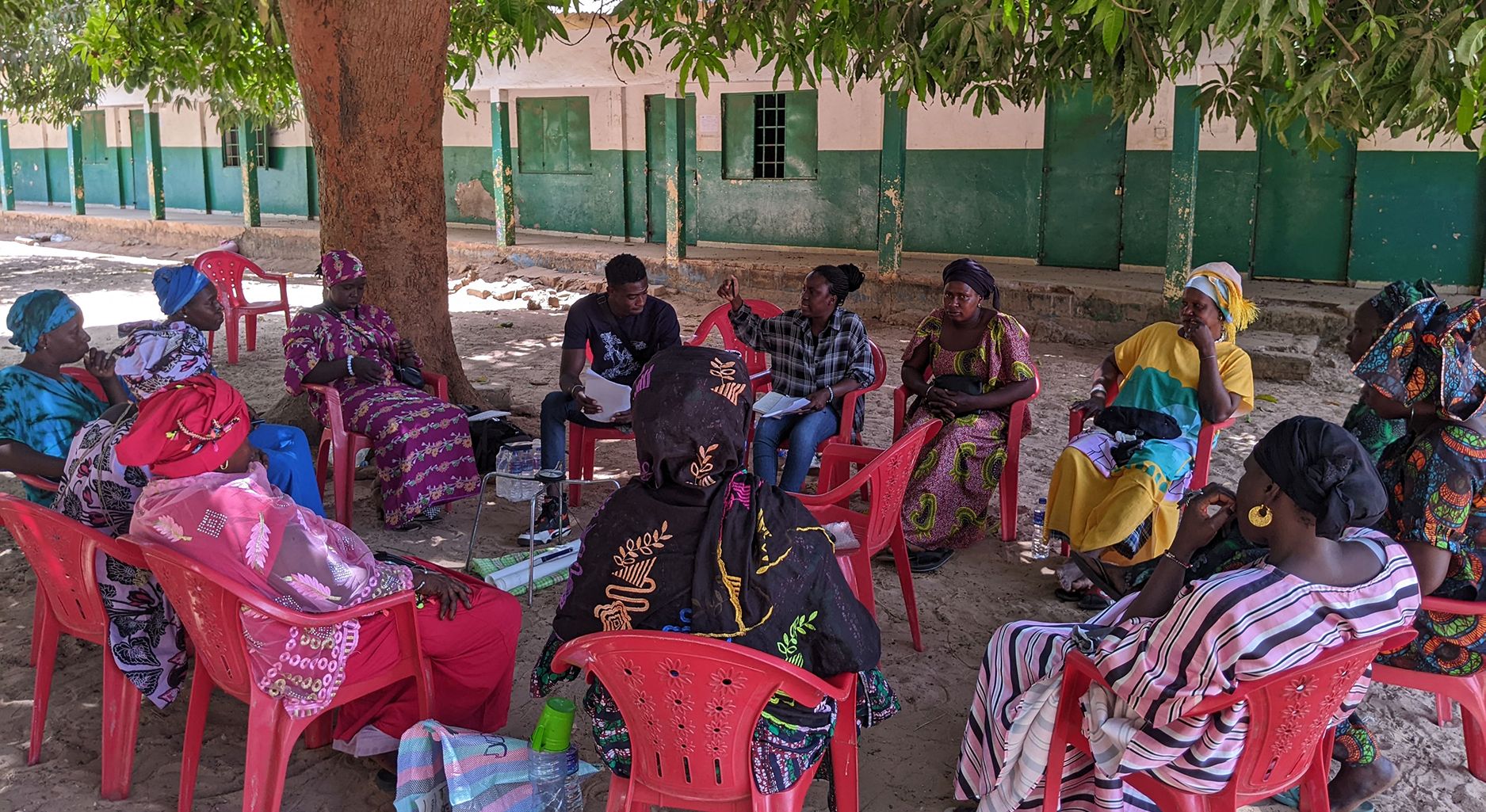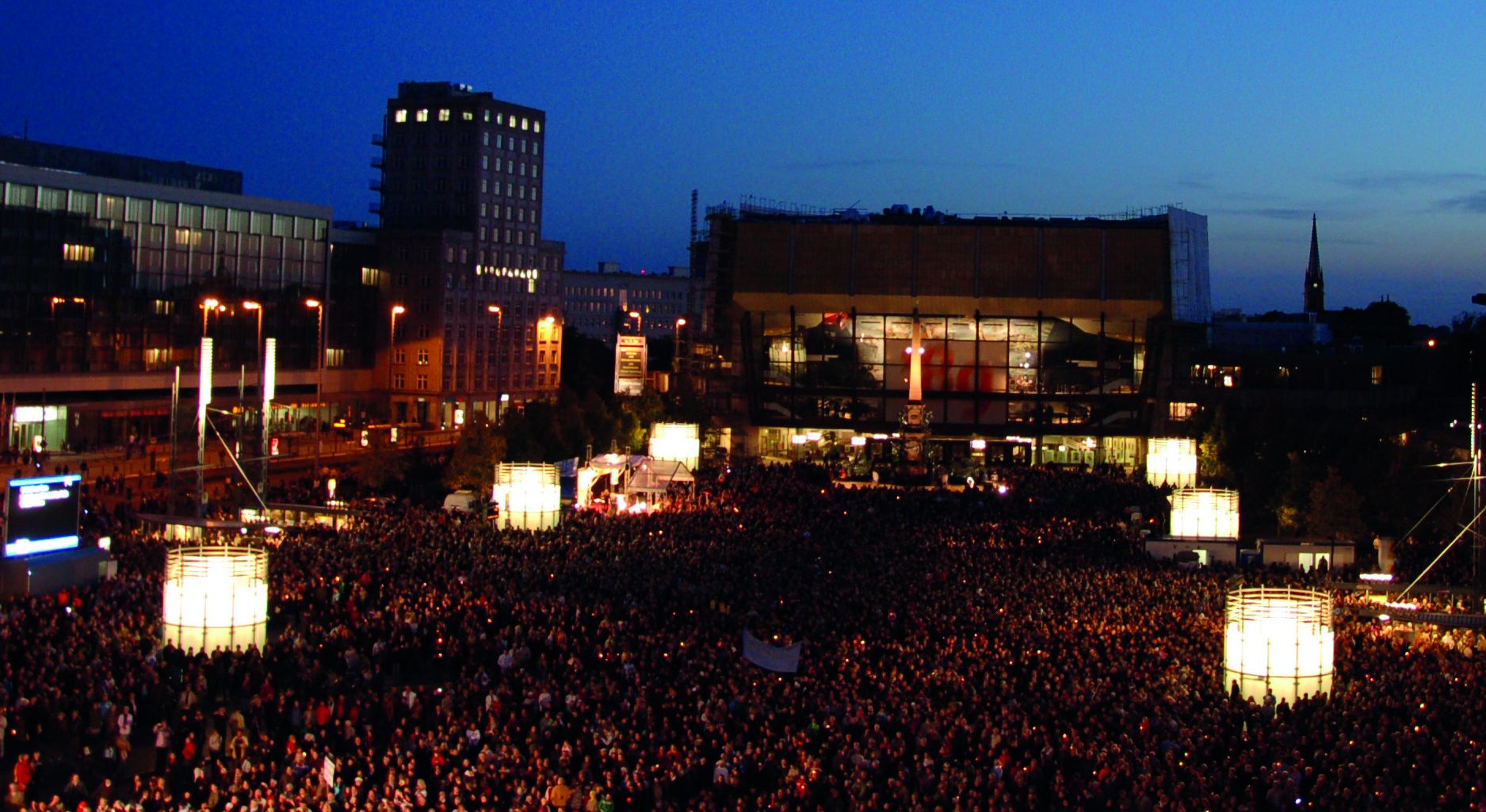Ghana’s second National Action Plan on Women, Peace and Security phases out this year. As...
Pushing Back the Pushback? WPS, Power Politics, and Liberal Retreat
Twenty-five years after its adoption, the Women, Peace and Security agenda is operating within a...
Disarmed but Not Invisible: Former FARC-EP Combatants Shaping Peace Beyond WPS Frameworks
In Colombia, former combatants from the FARC-EP rebels are building peace in ways that fall...
Reimagining the UN’s Women, Peace and Security (WPS) Agenda: Climate Resilience and Women’s Peacebuilding in Lake Chad
As Lake Chad’s waters shrink and droughts intensify, pastoralists and farmers clash over the...
China’s Response to the EV Dispute: What it Tells us about the China–EU Rivalry
At first glance, Europe’s trade conflict over battery electric vehicles (BEVs) with China may...
Violence in a Warming World
Organized violence influences both the impacts of climate change and the politics of its...
Resisting the Pushback: Worldwide Activism Against Femicide
The number of femicides is rising globally. Yet, perpetrators often face reduced sentences,...
Just Lay People’s Views? Learning from citizen perspectives for people-centered peace and security governance
In line with the vision of an ‘ECOWAS of the People’, this Spotlight argues that ECOWAS must more...
Thirty Years of Onion Politics: Bosnia and Herzegovina on the 30th anniversary of the Dayton Peace Agreement
The Dayton Peace Agreement ended the Bosnian War, establishing the constitutional framework of...
Verblassende Erinnerungen der Hoffnung – Warum das Gedenken an die Friedliche Revolution gestärkt werden muss
36 Jahre nach der sogenannten Friedlichen Revolution von 1989 wurde in Leipzig der Grundstein für...
